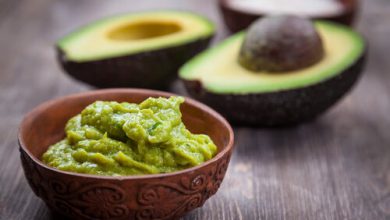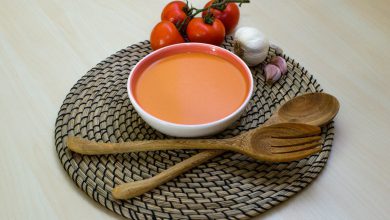Artichokes, One Of The Healthiest Foods
Artichokes are one of the healthiest foods, thanks to their high fiber and antioxidant content. Edible meat is found in the inner leaves and heart of the artichoke, while the outer leaves are tough and inedible.
Nutritional analysis of artichokes
Macronutrients
An average artichoke, which provides 64 kcal, has about 14 g of carbohydrates, 3 g of protein, 0.4 g of fat and 10 g of dietary fiber, which translates into 30-40% of the daily fiber recommendation.
Inulin, a type of carbohydrate very present in artichokes, would help promote intestinal health, stimulate the growth of healthy bacteria, reduce cholesterol, and keep blood sugar balanced, according to information provided by different studies.
It is also a source of omega-3 fatty acids, about 22 mg, and omega-6, about 59 mg. They are low in salt and do not contain cholesterol.
Micronutrients
The artichoke is rich in vitamins, and a single piece provides:
- Folic acid: 68 mcg
- Vitamika A: 185 IU
- Potassium: 370 mg
- Magnesium: 60 mg
It also provides, to a lesser extent: vitamin E and K, choline, betaine, vitamin B1, B2, B3, B5, B6 and minerals such as iron, zinc, calcium, copper and selenium.
It is worth noting that, according to data from the Spanish Nutrition Foundation, a serving of artichokes covers 20% of the recommended daily intakes of phosphorus.
What phytochemicals do artichokes contain?
Phytochemicals are active principles found in plants that have no nutritional value. Even so, it is known that they are beneficial for the body, especially for their antioxidant effects.
- Lutein and zeaxanthin: Antioxidant carotenoids that the body cannot make and may help prevent disease. In fact, a 2004 study indicates that zeaxanthin could exert some protection against some types of cancer, such as breast cancer, while the interaction of both could be beneficial for the maintenance of the macular region. More research is needed on this.
- Beta-carotenes : carotenoid that the body transforms into vitamin A.
- Cynarin : a type of natural acid that helps eliminate existing cholesterol and block its absorption.
Its role in digestion
Different investigations indicate that the extract of artichoke leaf could alleviate the pain and discomfort associated with indigestion and acid reflux. So it could complement treatments for bloating, nausea, constipation or diarrhea.
In conclusion…
Artichokes are vegetables that provide important nutrients such as vitamins, minerals and antioxidants. Thanks to this, its consumption can reduce the risk of cardiovascular and metabolic diseases.
They also contain dietary fiber and anti-inflammatory compounds that help cope with digestion problems. Best of all, they are very low in calories and can be added regularly to the diet.









